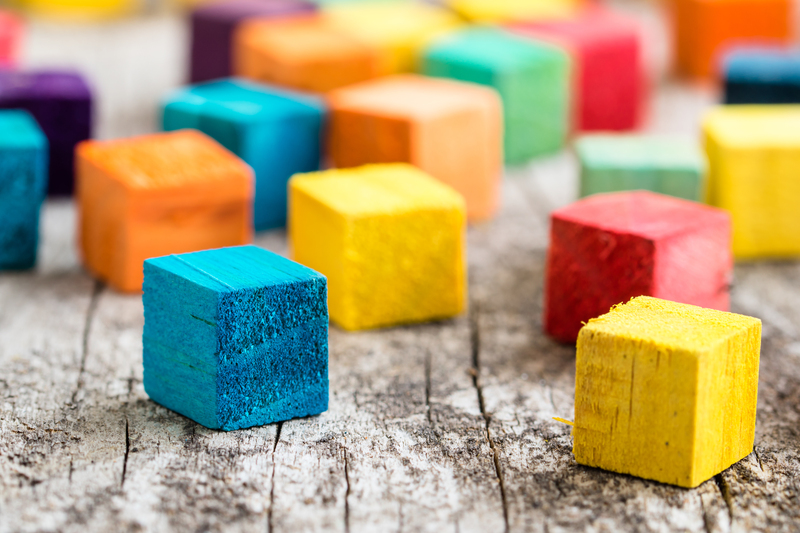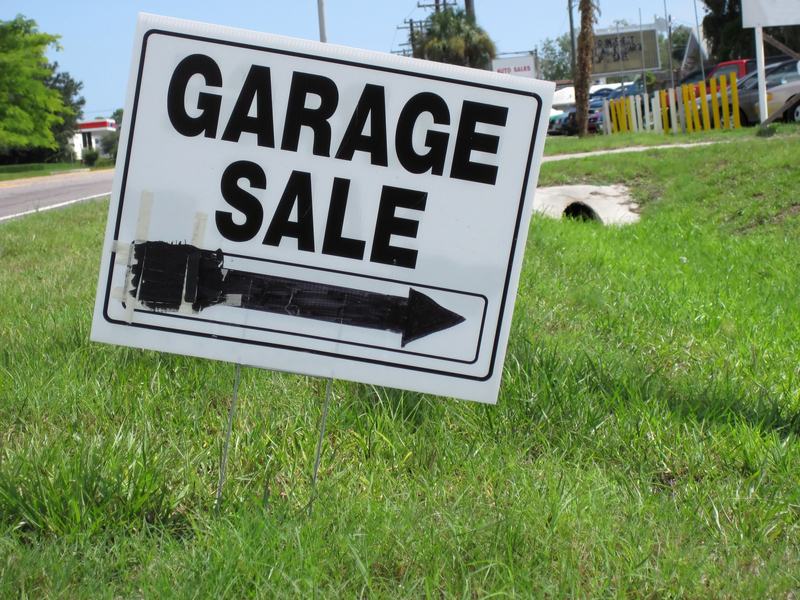Managing Kitchenware Waste
Posted on 01/07/2025
Kitchenware waste is an often overlooked aspect of household management. Kitchenware includes a wide array of tools and devices that facilitate meal preparation and dining. From utensils and cookware to small kitchen gadgets, managing kitchenware waste can help reduce environmental impact and promote a sustainable lifestyle.
Understanding Kitchenware Waste
Kitchenware waste can come from various sources. Broken utensils, outdated appliances, and the packaging of new kitchen tools all contribute to waste. Understanding the types of kitchenware waste we produce is the first step in managing it effectively.

Reducing Waste through Smart Purchases
One of the most effective ways to manage kitchenware waste is by making smart purchasing decisions. Investing in high-quality, durable kitchenware can reduce the need for frequent replacements. Opt for items made from sustainable materials such as stainless steel, bamboo, or glass instead of plastic.
Reusing and Repurposing Kitchenware
Reusing and repurposing old kitchenware is another excellent way to manage waste. For instance, old jars can serve as storage containers, and worn-out utensils can be transformed into decorative garden tools. This not only cuts down on waste but also saves money.
Recycling Kitchenware
Recycling is a crucial component of managing kitchenware waste. Many kitchen tools are made from recyclable materials like metal and glass. Familiarize yourself with local recycling guidelines to ensure proper disposal. Consider donating gently used kitchenware to local shelters or community centers.
Composting Kitchenware Waste
Composting is traditionally associated with food scraps, but certain kitchenware can also be composted. Bamboo utensils and wooden cutting boards, for example, can break down into nutrient-rich soil. Always ensure items are free of synthetic coatings before composting.
Tips for Managing Kitchenware Waste
1. Buy High-Quality Items: Invest in durable, long-lasting kitchenware.
2. Repair Before Replacing: Fix broken items whenever possible instead of immediately buying new ones.
3. Donate or Sell Usable Items: Pass on items that are still in good condition.
4. Choose Multi-Functional Tools: Reduce the need for multiple gadgets by selecting multi-use kitchenware.
Pros and Cons of Managing Kitchenware Waste
Pros:
- Environmental Impact: Reduces waste in landfills and lowers carbon footprint.
- Cost Savings: Saves money in the long run by reducing the need for frequent replacements.
- Resource Conservation: Conserves resources by reducing the demand for new products.
Cons:
- Time and Effort: Requires effort to repair, repurpose, and properly recycle items.
- Initial Cost: Higher upfront cost for quality items can be a barrier for some.
- Space: May need storage space for items waiting to be repurposed or recycled.

Takeaways
- Managing kitchenware waste is vital for sustainability.
- Smart purchasing, reusing, repurposing, and recycling are key strategies.
- Awareness and effort can lead to significant environmental and financial benefits.
Conclusion
Managing kitchenware waste is an essential aspect of maintaining a sustainable household. By understanding the sources of waste, making smart purchasing decisions, and repurposing old items, we can significantly reduce our environmental footprint. Though it requires some effort, the benefits to the planet and our wallets make it a worthwhile endeavor. Embrace these practices, and contribute to a healthier, greener world.
Latest Posts
Enhance Business Efficiency with Waste Collection

